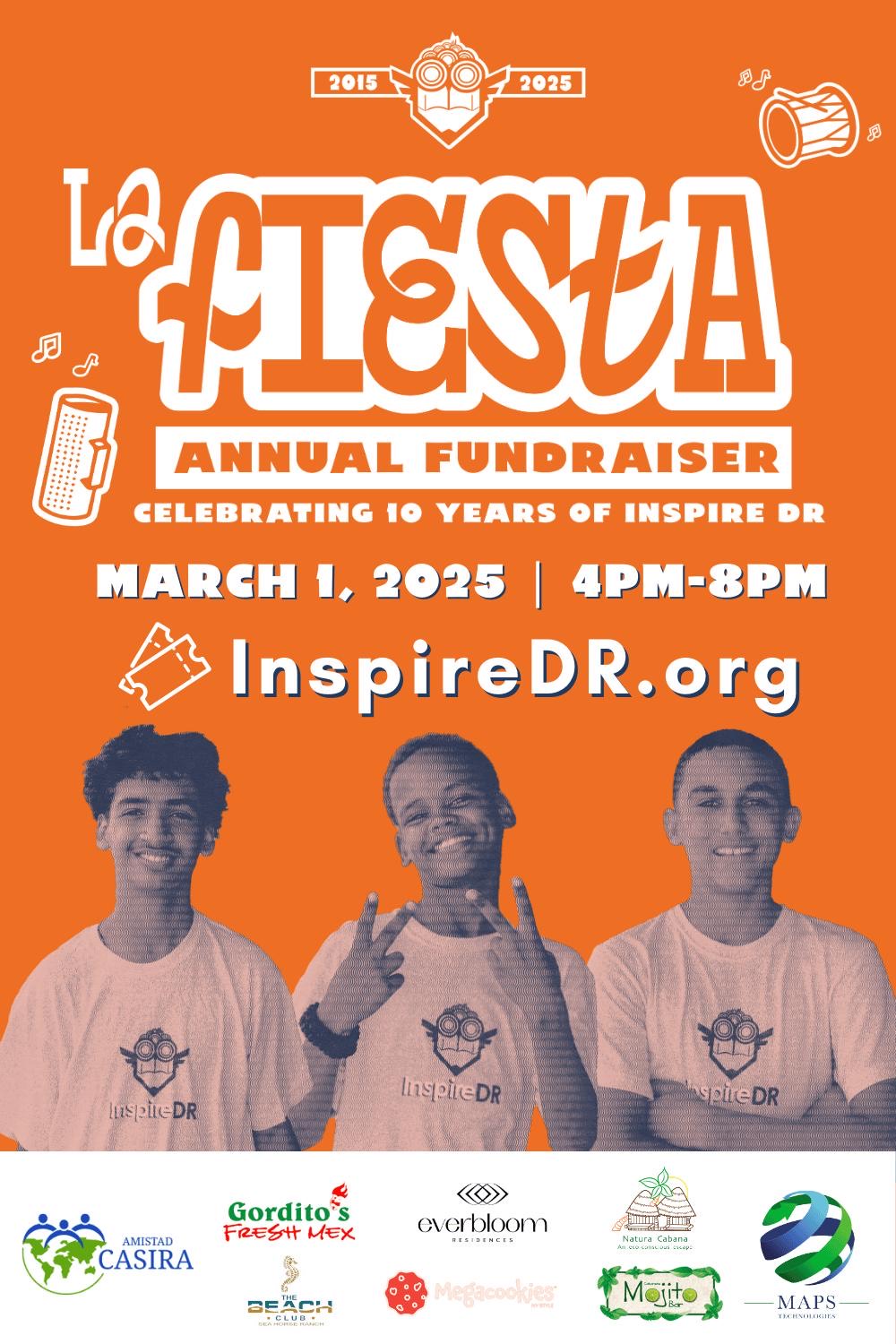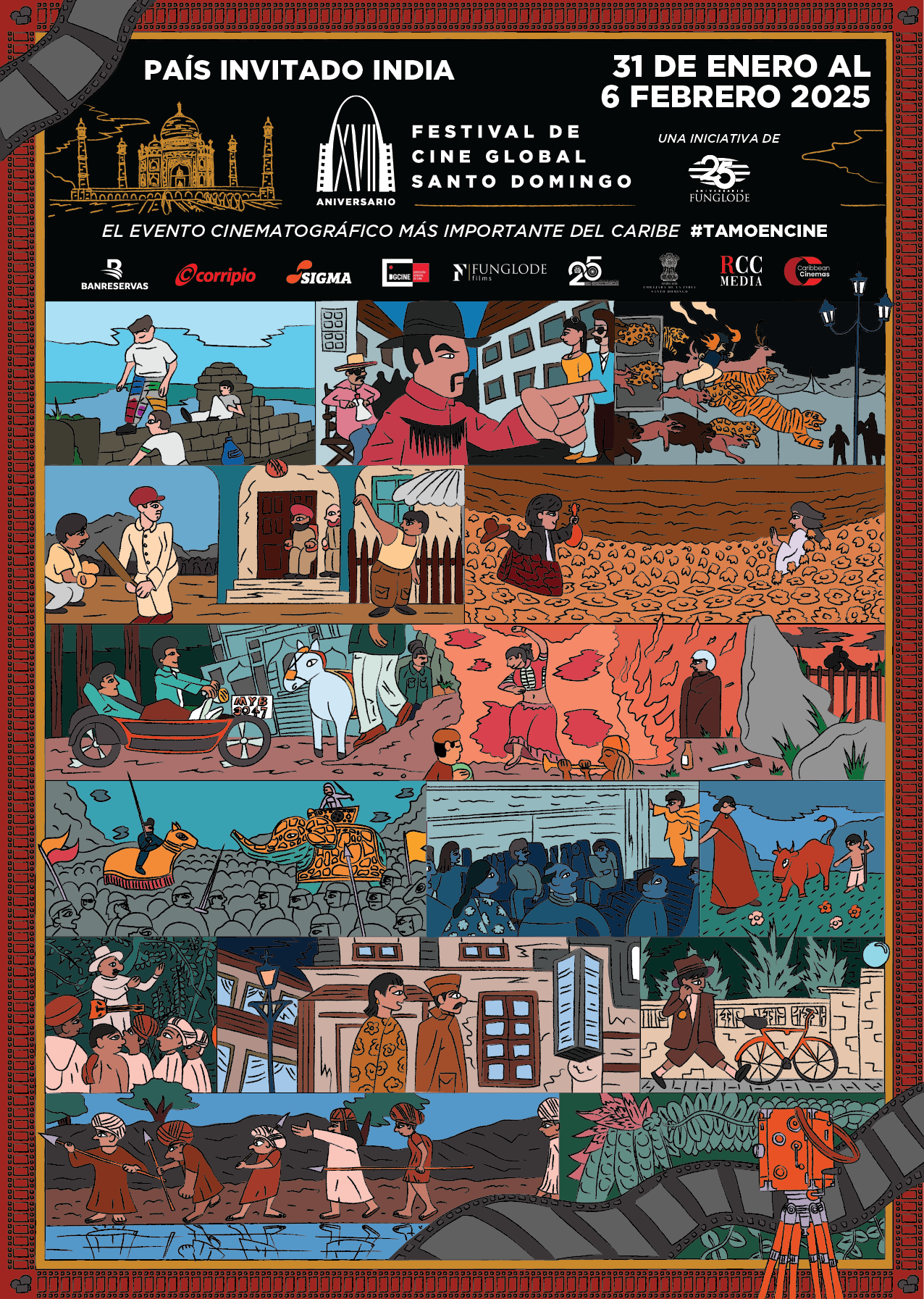“Anthology of the Thoughts of Juan Bosch” Launched in New York
 | “Anthology of the Thoughts of Juan Bosch” Launched in New York The third edition of the Anthology of the Thoughts of Juan Bosch, by Justo Pedro Castellanos Khouri, was launched at a ceremony held in the Dominican Cultural Center in New York City. “this anthology is a strategy of a guerilla intent on not allowing us to forget the work of Bosch.” The event was presided over by Professor Luis Álvarez, the Commissioner of Dominican Culture in the United States. Professor Álvarez gave the welcoming speech: “I feel great satisfaction to present this book that was the fruit of these outstanding Dominican researchers. This is a special occasion for the Commission.” The book was introduced by Ramona Hernández, Sociology Professor and Director of the Institute of Dominican Studies of City University New York, CUNY. Referring to the author, Ms. Hernández said “this anthology is a strategy of a guerilla intent on not allowing us to forget the work of Bosch.” She said this book is of special interest and added potential as it moves us to question and reflect on how to better and more effectively understand the ideas put forth by the great thinkers and intellectuals of the Dominican Republic. She proposed that that anthology be translated from Spanish into English. “I am going to allow myself to make this concrete suggestion. I think that a work like this deserves to be translated and disseminated in the United States so that Dominicans in the Diaspora can have access to the collection of ideas, preoccupations and proposals produced by Juan Bosch as they are a powerful instrument of culture for the Dominican people. This will allow for the penetration of Dominican thought into American society.” “The translation of the anthology,” she added, “will help spread Dominican thought beyond our national borders. Work like this will help us disseminate the positive aspects of our people and perhaps this will make people more receptive to us when we travel and lived in foreign countries. And, of course, this collection of Dominican intellectual thought should be made available to our next generation which comprises more than four out of ten Dominicans living in the United States today. This book will be attractive to university students and especially those who preserve and advocate for their own identity, different from the society in which they live.” At her side, Justo Pedro Castellanos Khouri, Rector of APEC University (UNAPEC), recalled that this third edition was launched in Santo Domingo and that it was born 15 years ago and has grown since then. He explained that it was done over a period of time and extensive research which took him through each and every one of Bosch’s books, with no exceptions of genre or topic. The same effort was required for the classification and organization of texts, for which purpose Castellanos divided the work into four major sections or chapters: cultural-philosophical thought; political thought; social-historical thought and economic thought. He said this edition includes a chapter on Bosch’s economic thought and sixty new biographical profiles of historical personalities, religious as well as cultural and political from the DR, Latin American and around the world. He added that this edition includes more than 200 entries with data and historical events that will enrich the reading of the texts in the anthology. The new publication also has a prologue written by well-known intellectual and award-winning writer Pedro Vergés; the words of Jaime David Fernández Mirabal, then Vice President, spoke at the presentation of the second edition of the book in 1999 and the introduction, of the first edition, in 1994, by current President Leonel Fernández. He stressed that it is evident, despite the fact that Juan Bosch is no longer with us physically, that his memory, his work, his legacy is always with us and will continue to grow. The fundamental objective of his book, he said, is to contribute to the dissemination of Bosch’s thought, especially during these times we are living in 2009. In this sense, he stressed that it is always a good moment to revisit the work, the legacy and the thought of Bosch, “and even more so now during the centenary of his birth.” Dr. Castellanos spoke of the warm welcome the book has enjoyed. “With all humility, I can honestly say that this book has achieved its purpose. The selection and organization of texts has helped no small number of Dominicans to rediscover and enjoy what Juan Bosch thought on many topics.” He went on to reveal that he has received “positive commentaries on the usefulness of the [book],” which has made him feel “intimately pleased and satisfied,” even more because he knows that Bosch himself did “good, useful and honorable” work. Dr. Castellanos Khouri announced that in the future he intends to work on a chapter about Bosch’s historical-social thought, the content of which promises to be the most extensive. Regarding the upcoming project, he announced that the new publication will include elements of Bosch’s thought which Dr. Ramona Hernández suggested, that is to say, Bosch’s ideas about social classes in the Dominican Republic. Castellanos said Hernández was right to recognize the absence of this element and that he agreed with her suggestion to include it in the next edition. He confirmed that it will be included as part of Bosch’s historical-social thought in the next extended edition of the book.
| |
| Date of Publication: November 18, 2009 |

Related News
-

(Versión en español) MINC realiza el evento "Enamórate del Arte y la Cultura" en Los Alcarrizos
-

(Versión en español) InspireDR celebra una década de impacto con “La Fiesta 10” en Cabarete
-

(Versión en español) Organización “Juventud Hablemos” de la Universidad de Columbia y la GFDD copatrocinan a casa llena evento sobre “La evolución de la democracia en la República Dominicana”
-

(Versión en español) Realizan premiere del documental “El Padrino II: 50 años y su filmación en República Dominicana”
-

Actividad #1
Dónde:: Complejo Acuático Del Centro Olímpico Juan Pablo Duarte.
Días: 28 y 29 de noviembre 2016.
Precios: RD$1,1000.00 VIP, RD$600.00 gradas.


